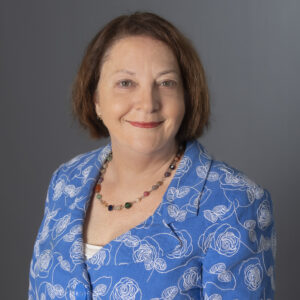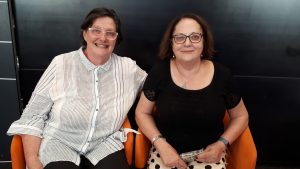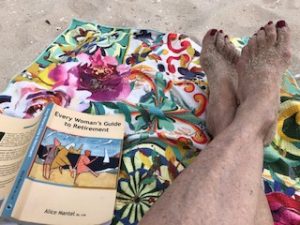Like everything else, the cost of dying is increasing as much as the rising cost of living. A study commissioned by Australian Seniors and CoreData in August 2023, The Cost of Death Report 2.0 found that estimated funeral costs have increased by more than 20% for burials and cremations since 2019. In 2023, the average burial costs $11,039, compared to $9,055 in 2019. Similarly, the average cremation now costs $8,045, compared to $6,334 in 2019.
The study revealed that we are paying up to $18,652 for a basic burial funeral, and up to $5,953 for a basic cremation funeral. This is due to the rising costs of funeral services – including embalming, viewing, transportation, and professional fees – along with the cost of coffins and burial plots to name a few.
A third of the responders who recently helped pay for a funeral experienced some form of financial hardship. Two-thirds of those who experienced financial hardship said that it took months to financially recover.
Saying goodbye to those we hold dear should be a time of love and unity. Regrettably, this is not always the case. It’s no secret that funerals can exact a heavy financial toll, but they can also create tension between family and friends. Unfortunately, more than a third of responders encountered arguments with loved ones over funeral finances, adding weight to an already heavy situation.
Further, the study suggests that a trend is emerging where families are pressuring us to spend more on funerals than initially planned, a trend which has more than doubled since 2019.
Consequently, it seems our funeral preferences are changing. Many of us are now opting for simpler services (26%), being more cost-conscious (24%), and choosing cremations or cheaper alternatives to traditional burials (22%). Some of us are even getting creative and considering a DIY funeral (9%).
Tradition is taking a back seat as we focus less on mourning and more on celebrating life. In fact, most (83%) of us now prefer the celebratory approach. We want a funeral that reflects us – who we are and what makes us, us. An example of this are our changing music preferences, moving away from conventional funeral songs. Instead, iconic artists like Elvis Presley, Queen, Frank Sinatra, and Elton John emerged as the most common choices.
On the other hand, many of us are yet to discuss our wishes with loved ones. In fact, only 1 in 2 (53%) of us have made our families aware of our funeral preferences. For those of us who are yet to have this conversation, it’s important that we communicate our funeral wishes to our nearest and dearest to ensure we receive the farewell we desire.
Australian Seniors: The Cost of Death 2.0 Report, November 2023, https://www.seniors.com.au/documents/australian-seniors-series-cost-of-death-report-2023-whitepaper.pdf




